The entire cardiopulmonary system depends on the tissue and valves that make up the structure of the heart. This is why treating valve disease and other structural heart conditions is so important.
Often treatment requires surgery. Fortunately, Adventist Health Northwest Heart Center in Portland is home to some of this region’s most experienced cardiac surgeons, with particular expertise in the latest minimally invasive surgical techniques.
Some of the more common valve and structural heart diseases include:
Aortic valve disease: The valve between the left ventricle (the main pumping chamber of your heart) and the aorta (the main artery supplying blood to your body) doesn’t work properly.
Mitral valve disease: The valve between the left atrium to the left ventricle doesn’t work properly. This valve is also called the bicuspid valve because it consists of two tapered flaps, or leaflets.
Septal defect: A septal defect is a hole or opening in the muscular wall between the two atrial (upper) or ventricular (lower) chambers of the heart. Types of septal defects include atrial septal defect (ASD), patent foramen ovale (PFO) and ventricular septal defect (VSD).
Heart tumor: Cardiac tumors include malignant, or cancerous, tumors as well as benign ones. When the tumor begins in the heart, it’s called a primary tumor. Secondary tumors spread from tumors that begin in other places, such as certain cancers.
What causes valve disease and structural heart conditions?
- A congenital heart defect
- The buildup of calcium deposits
- Rheumatic fever
- Infections
- Trauma
- Certain diseases
- Age
Symptoms of valve and structural heart disease
Valve and structural heart conditions have a variety of symptoms, such as:
- Chest pain (angina) or tightness
- Shortness of breath, especially on exertion
- Feeling faint, or fainting on exertion
- Extreme tiredness (fatigue), especially on exertion
- Irregular heartbeat (arrythmia)
Because these symptoms also happen with other heart conditions, it’s important to get an accurate diagnosis by working with an experienced cardiologist.
The importance of treatment
Treating valve disease and other structural heart conditions is vital to the long-term health and functioning of your heart. Left untreated, valve disease and structural heart conditions can lead to heart failure, arrythmia and heart attack.
When surgery is necessary, our innovative and experienced team can treat many of these cases with minimally invasive techniques that reduce risks and shorten recovery. To learn more about our team’s approach to valve disease and structural heart conditions, call us at 503-257-0959.
Patient Larry Smith answers questions about his valve repair experience during a discussion between cardiologist Chad Carr, MD, and surgeon, Tom Molloy, MD, on how they work together to diagnose and treat heart valve disease at Adventist Health Northwest Heart Center.
You can watch the full video to learn more about valve repair.

